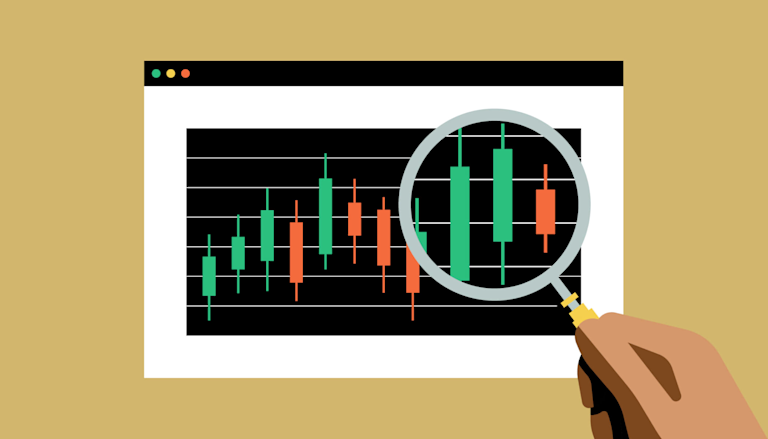
Exploring the Future of Crypto Trading Systems
The evolution of financial markets has significantly accelerated with the advent of cryptocurrencies, leading to the emergence of complex Crypto Trading Systems https://www.newsvoir.com/index.php?page=3763 designed to maximize trading efficiency and effectiveness. This article delves into the various types of crypto trading systems, their functionalities, and how they are transforming the way traders interact with the digital currency landscape.
Understanding Crypto Trading Systems
Crypto trading systems refer to the technological structures and algorithms designed to execute trades in the cryptocurrency market automatically. These systems can vary from simple automated trading bots to comprehensive platforms that integrate advanced analytical tools and machine learning algorithms. The primary goal of these systems is to aid traders in making informed decisions swiftly, capitalizing on market movements with minimal human intervention.
Types of Crypto Trading Systems
1. Automated Trading Bots
Automated trading bots are pre-programmed software designed to execute trades based on specific criteria set by the user. They operate around the clock, enabling traders to take advantage of price movements even when they are offline. Common strategies used by these bots include arbitrage, market making, and trend following.
2. Algorithmic Trading Platforms
Algorithmic trading platforms utilize complex algorithms to analyze market data and execute trades at speeds unattainable by human traders. These systems often employ high-frequency trading strategies, enabling users to profit from minute price fluctuations. They are particularly popular among institutional investors seeking to optimize their trading strategies.

3. Social Trading Platforms
Social trading platforms allow traders to mimic the strategies of successful investors. By connecting a community of traders, these platforms create an environment where users can share ideas, insights, and trading experiences. This approach democratizes access to trading strategies and empowers novice traders to improve their skills.
Key Features of Crypto Trading Systems
1. Real-time Data Analysis
One of the standout features of modern crypto trading systems is their ability to analyze vast amounts of data in real-time. This includes price trends, volume changes, and market sentiments that can significantly influence trading decisions. Advanced technical indicators such as moving averages and relative strength index (RSI) are commonly employed to aid in this analysis.
2. Risk Management Tools
Effective risk management is crucial in the volatile crypto market. Many trading systems incorporate features like stop-loss orders, take-profit levels, and trailing stops to help minimize losses and protect profits. These tools ensure that traders can control their exposure while trading in unpredictable conditions.
3. User-Friendly Interface
Accessibility is a significant consideration for crypto trading systems. A user-friendly interface allows traders, regardless of their experience level, to navigate the platform with ease. Features like customization, dashboards, and educational resources enhance the overall user experience, making it easier for individuals to engage with complex trading functionalities.

The Impact of Machine Learning
Machine learning is revolutionizing the way crypto trading systems operate. By employing algorithms that learn from historical data, these systems can adapt to changing market conditions and improve their trading strategies over time. This capability not only enhances trading accuracy but also enables predictive analytics, giving traders an edge in foreseeing market movements.
Challenges Facing Crypto Trading Systems
Despite their advantages, crypto trading systems are not without challenges. The cryptocurrency market is notoriously volatile, and while trading bots can execute trades at high speeds, they are not immune to erratic market behavior. Additionally, technical issues, such as system downtime or connectivity problems, can potentially lead to significant financial losses.
Furthermore, traders need to be cautious of over-reliance on automated systems. While these tools can assist in decision-making, they do not replace the need for fundamental analysis and understanding of market dynamics. It’s crucial for traders to maintain a well-rounded approach that combines automated systems with personal insights and market analysis.
The Future of Crypto Trading Systems
The trajectory of crypto trading systems points towards further innovation and sophistication. With advancements in artificial intelligence and data analytics, future systems may leverage predictive modeling to anticipate market trends better. Additionally, increased collaboration between financial institutions and tech companies could result in more secure and reliable trading platforms.
Moreover, as regulations around cryptocurrencies continue to evolve, compliant trading systems will likely gain prominence. This change could foster greater investor confidence and lead to wider adoption of crypto trading systems in traditional financial markets.
Conclusion
Crypto trading systems represent a pivotal element in the modern trading landscape. Their ability to automate processes, analyze data in real-time, and incorporate advanced algorithms brings unparalleled advantages to traders. However, as with any investment tool, a thorough understanding of their operation and limitations is essential for success. As technology progresses, the future of crypto trading systems promises to be even more expansive and transformative.
